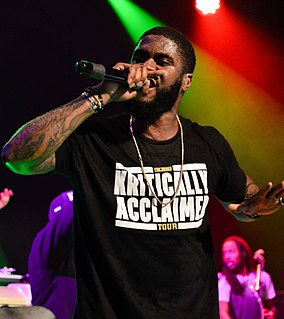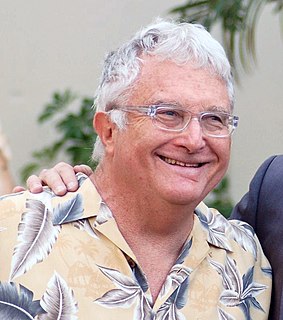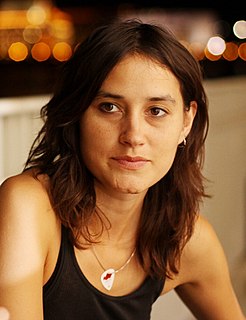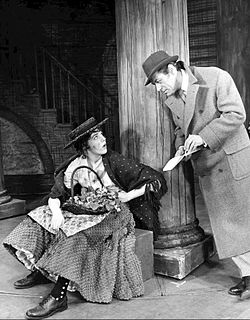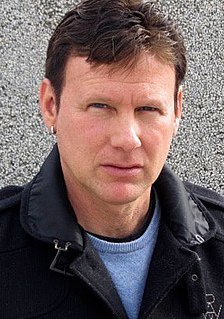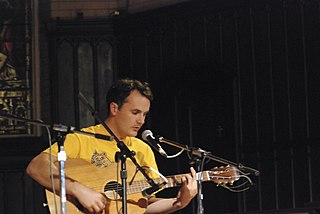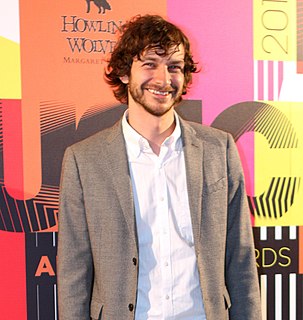A Quote by Big K.R.I.T.
I think if I wanted to get to a point where I could actually grow in my music, I had to almost step away from sampling so much and start making the kind of music that people wanted to sample.
Related Quotes
It's very interesting to read why Cornelius Cardew became disenchanted with academic avant-garde music. He wanted to reach as many people as possible and change their consciousness. He wanted to reach the "working classes" in England. The kind of music he was making was very much from the academy, even though it had a lot in common with things like free jazz and improvisation, and he felt that it was the music of the elite, and that he wasn't really speaking to the people.
I'm from Louisiana, and that's where I got my start, in Cajun music. There's a huge music scene down there centered around our culture. Those are people that are not making music for a living. They are making music for the fun of it. And I think that's the best way I could have been introduced to music.
Writers have always liked my stuff, pretty much. That's what I wanted - I think my goal wasn't to get rich and famous, necessarily, though I cared about that. I always thought, "Oh, this could be a hit," or "that will sell records." But the first thing I wanted was that people who knew a lot about music, or had taste-making qualities, they would like my stuff. Writers, people like that.
I think sometimes when people get older they start to limit themselves and think that if they wanted to start singing or they wanted to start playing guitar or if they wanted to, I don't know...become an archeologist - whatever it is, they think they just can't do it anymore because they've hit a certain age and I just think that's like putting yourself in jail. I realised a couple of years ago that the more that I did and made things and created things that I could love; it helped me to realise that I was actually loving myself and what came out of me.
I really wanted to, but I just didn't understand how people became comedians. I kind of thought it was something you were born into. And so I wanted to be a veterinarian or an architect. I wanted to be in a band, and for some reason I could understand how you could be in a band because I had guitars and all my friends played music. Comedy was a secret want, but it wasn't anything I pursued.
I wanted to lift the aspects of the lyrics and imagery that I found sincerely powerful and touching, plus the amazing musical extremities, and make my own thing. That's what making music has always been for me. Synthesizing a nonexistent kind of music that I wish existed because I wanted to listen to it.
A big part of making music is the discovery aspect, is the surprise aspect. That's why I think I'll always love sampling. Because it involves combining the music fandom: collecting, searching, discovering music history, and artifacts of recording that you may not have known existed and you just kind of unlock parts of your brain, you know?
